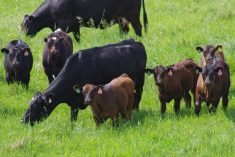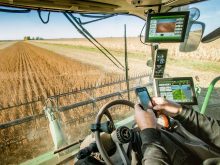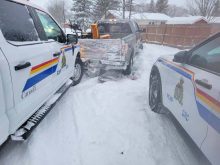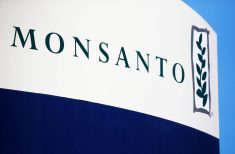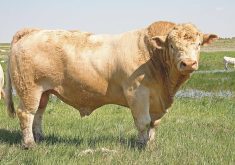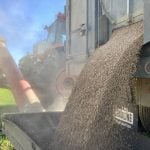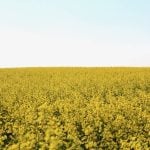HORT CHECKLIST There’s a host of questions — ranging from water and soil to markets and labour requirements — for those wanting to get into fruit and veggie production
You don’t start baking a cake without assembling all your ingredients first, and it’s the same when planning a fruit and vegetable operation.
“You need to gather as much information as possible” said Rob Spencer, commercial horticulture specialist with Alberta Agriculture in Stettler.
“Having that information will allow you to do all sorts of things.”
Spencer is one of the experts conducting a province-wide series of “Explore Horticulture” workshops, which were created in response to inquiries from people interested in getting into fruit and vegetable production.
Read Also
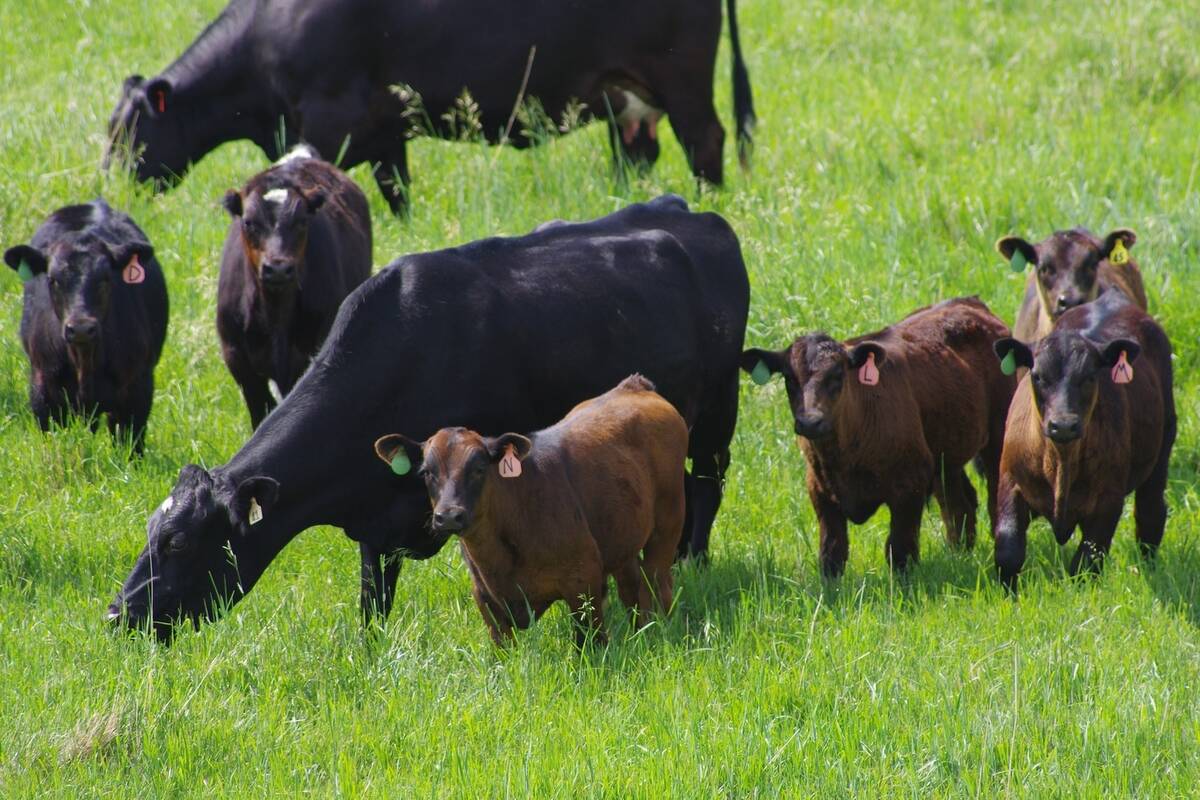
Grazing ‘sweet spot’ boosts pasture performance
Timing-focused approach to pasture management touted to boost forage growth, livestock gains while also cutting farmer labour and inputs
The checklist for getting started is pretty basic, but it quickly gets quite long. These include questions such as: What can you grow given your local climate and what crops are best suited to soil on your land? Will you go the conventional route or target the organic market? How far away is the nearest sizable town or city? Where will you get workers from and do you know labour is one of the biggest expenses on any fruit and vegetable operation?
Dig a little deeper and the questions get more technical, such as will you need soil amendments? Alberta Agriculture’s soil information viewer is a recommended source, as are county and agricultural fieldmen. Growers should also research the cropping history of the land as well as pesticide and herbicide use in adjacent fields, said Spencer.
“We’ve run into a lot of problems from herbicide use, not from misuse, but because horticulture crops are quite sensitive,” he said. “You have to consider what’s been done on the land and if it will impact the success of what you’re doing there.”
Potential growers should know the history of fertilizer application, moisture-holding capacity and nutrient loads in the soil, as they can affect the growth of crops. Growers need to know the texture of the soil and should choose soil with a pH of between six to eight, said Spencer, who also recommends soil testing every year using a western Canadian soil test lab.
As in real estate, fruit and vegetable growing is about location. The ideal location for growing fruit or vegetables is protected from the wind, but not completely enclosed by a shelterbelt as air movement affects humidity and disease.
“You need some air movement, so having a completely impermeable shelterbelt is not ideal,” said Spencer
Some vegetable and fruit crops need slopes running in a specific direction as slope impacts air movement and drainage.
Water is also key, as most crops require between 10 to 20 inches of water.
“Water is absolutely crucial to horticulture because you’re dealing with a fresh commodity,” Spencer said. “The water quality needs to be tested. Just because you can drink it does not mean you can irrigate with it.”
Spencer doesn’t recommend using wells for irrigation for fruits and vegetables. Before beginning production, growers need to make sure they have legal access to a good-quality water supply. Water quality has an impact on the soil as certain mineral structures, particularly salts, can change soil chemistry and result in poor crops.
Growers need to research what kind of equipment is needed,
“Certain pieces are important, others not so much,” said Spencer. “Flexibility and creativity are important. Get what you need, and used or second hand is perfectly acceptable.”



